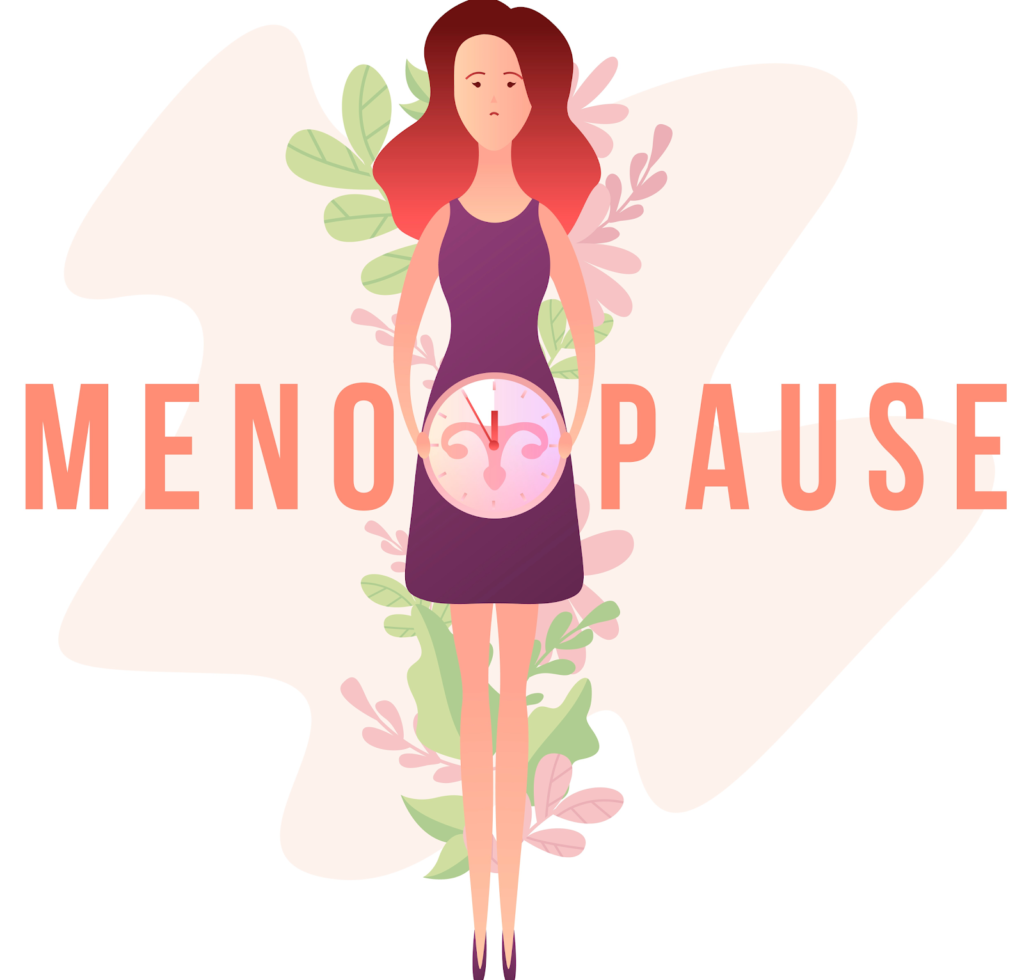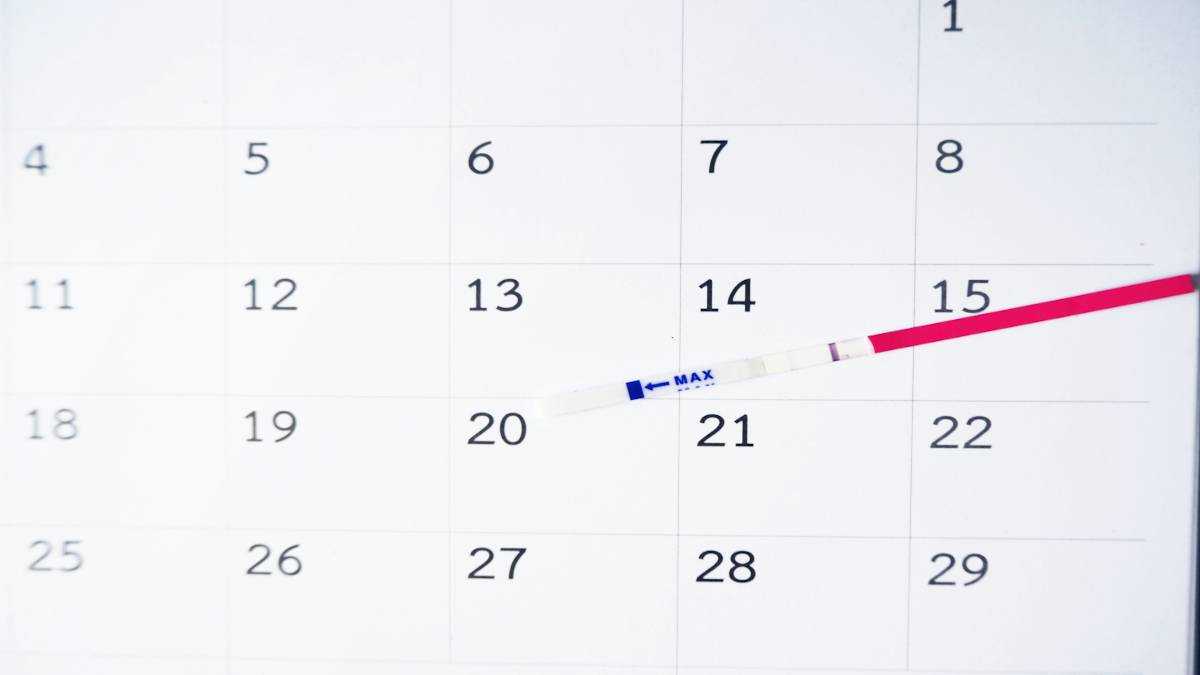This signals the end of fertility when a woman is no longer able to get pregnant naturally
The clinical diagnosis of menopause is made retrospectively after 1 year of amenorrhoea, which is the absence of menstruation.

It is a part of the aging process which causes the reproductive hormones to decline and usually occurs between 45 and 55 years of age. The average age of menopause in India is around 48-49 years. The ovaries stop producing the estrogen hormone and no longer release an egg each month, which then does not lead to periods.
The years leading up to menopause is called the menopausal transition or perimenopause and can last several years. During the menopausal transition, the body’s production of estrogen and progesterone, two hormones made by the ovaries, varies greatly. Bones become less dense, making women more vulnerable to fractures. During this period, too, the body begins to use energy differently, fat cells change, and women may gain weight more easily.
Once menopause is reached, women can stop contraception methods if required, as natural spontaneous pregnancies will not occur. Safe sex in terms of the use of condoms should still be practiced to avoid sexually transmitted infections.
Some of the common symptoms of approaching menopause are as below:
- Change in the normal pattern of periods: This may start leading to either unusually light or heavy periods and the frequency of periods may also be affected.
- Hot flushes which are short, sudden feelings of heat, usually in the face, neck, and chest, that can make skin red and sweaty
- Night sweats, which are hot flushes that occur at night
- Vaginal dryness and discomfort during sex
- Sleep disturbances
- Mood swings, and feeling of anxiety
- Headaches
- Reduced sex drive or libido
- Problems with memory and concentration
- Palpitations, where heartbeats suddenly become more noticeable
- Joint stiffness, aches, and pains
- Reduced muscle mass
- Recurrent urinary tract infections (UTIs)
If one or many symptoms commonly associated with the menopausal transitions are noticed, your doctor will check your medical condition and family history. The doctor may do a follicle-stimulating hormone (FSH) or an (AMH) anti-Mullerian hormone test.
After menopause, women enter the post-menopause phase wherein women are more vulnerable to heart diseases and osteoporosis due to decreasing bone density.
Treatments for menopausal symptoms
Your doctor can offer some treatments and suggest lifestyle changes for severe menopausal symptoms that interfere with day-to-day life.
These include:
- The doctors may suggest a lifestyle modification that includes diet, exercise, reducing caffeine and alcohol intake, reducing spicy food intake, and abstaining from smoking. Comfortable clothing is recommended as it is important for managing hot flashes. It is also recommended that liquid intake be increased.
- Menopausal Hormone Therapy (MHT): There are tablets, skin patches, gels that can be used. But it should be used under medical supervision. These are usually given in the smallest possible doses for the shortest duration of time. Sometimes, both estrogen and progesterone are given as a part of this therapy.
- Cognitive-behavioral therapy (CBT): a type of talking therapy that can help with low mood and anxiety
- Vaginal estrogen creams, lubricants or moisturizers for vaginal dryness
- Eating a healthy, balanced diet and regular exercise to stay healthy, fit and strong
- Supplements are recommended. The calcium intake should be 1.5 gm per day and should include dietary calcium. Vitamin D intake should be 800-1000 IU per day. In some cases, Vitamin B Complex supplements may be recommended as well.
- Practice stress management techniques like meditation, yoga and Pranayam.
Conclusion
Menopause brings about a different phase in the life of a woman, wherein the menstrual cycle stops completely. The symptoms typically attributed to menopause are common in elderly women and in this period of life, it is important to stay healthy, be active, maintain a balanced diet and manage the menopausal symptoms so that daily life and activities are not disrupted.
Special thanks to Dr. Parag Biniwale (M.D.) for the expert advice.





